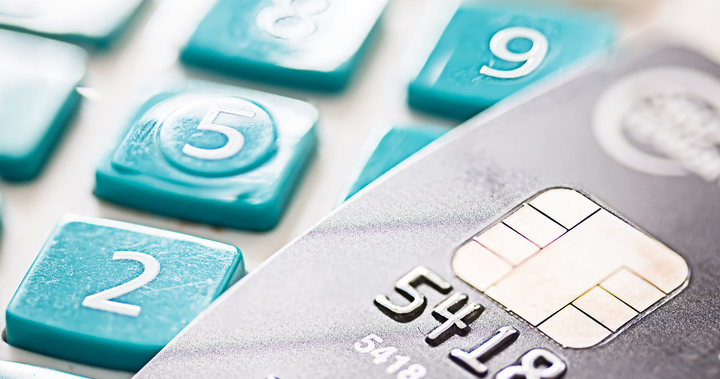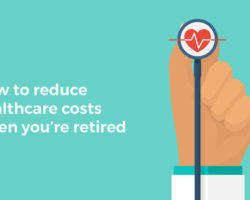One of the most dangerous credit card myths out there says that you have to carry over a balance from month to month on your cards if you want to build credit. This is false, but, unfortunately, many people believe it. They may be trying to help their credit, but they’re actually hurting it.
To pay off, or not to pay off your credit card each month? This is the question. And it has only one answer. If you want to build your credit and save money, then you have to pay off your credit card in full each month.
How to pay off your credit card each month
You need to use your credit card if you want to build credit history. Make regular purchases on your card each month, but also make sure to pay off the full balance on every statement. You will be charged interest only if a balance from a previous statement remains on your card after the statement’s payment is due. By using your cards and paying it back each month, you show your lender that you’re able to borrow money responsibly.
Although it’s not necessary to pay your cards back more than once a month, you can lower your credit card utilization rate by doing this. Your credit card utilization refers to how much of your available credit card limits you use per month. It’s recommended to keep your monthly credit card utilization under 30%. But there’s also a catch here. If your lenders pull your information and constantly see a credit card utilization rate of 0%, they may think you’re unable to borrow and repay money. This can hurt you.
You can protect yourself against this by keeping track of when your lender reports to the credit bureaus. This way, you can keep a balance at the time of the report. It will help you get your due credit for responsible, interest-free, month-to-month borrowing.
Don’t underestimate the importance of paying off your balance. Ignoring this, not doing it right, can have repercussions that you might end up regretting in the long run.







